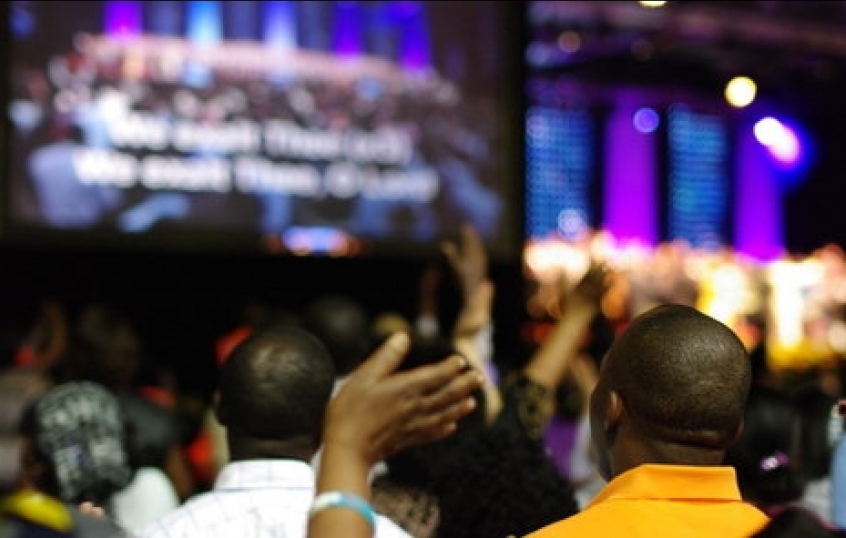
Christian agencies and church leaders have committed to working together on strategies to address the number of young black Christians being radicalised after conversion to Islam.
A seminar organised by Churches Together in England heard that a significant number of young black people are abandoning the Christian faith in favour of Islam and that some converts are being radicalised.
Richard Reddie, author of Black Muslims in Britain, said the journey from Christianity to Islam among British blacks was an expression of their search for an identity and certitude that they have not been able to find within "eurocentric Christianity", including black-majority churches.
The seminar was attended by around 70 people, including Muslims. They heard that converts to Islam tend to be more zealous and that the number of converts was growing.
"Time is not on the Christian church's side," said Reddie.
The Reverend Ade Omooba, co-chair of the National Church Leaders Forum, said the recent murder in Woolwich of Drummer Lee Rigby was symptomatic of people being radicalised and losing respect for life.
He said the starting point for the church's work with young black people had to be seeing them primarily as human beings, not as good or bad, Christian or Muslim. He encouraged the church to see "God in everyone".
The seminar heard that prisons were becoming a key recruiting ground for radicalisation. Dr R David Muir, fellow co-chair of the National Church Leaders Forum, criticised the "mass incarceration" of black people in the UK, as he warned that five times as many black people as white people were in prison.
Mr Muir told of one prison he visited where half of the black prisoners were from church backgrounds, with 12% coming from the families of Christian pastors.
"What has been going wrong?" he asked.
Taalib Alexander, a convert to Islam from Roman Catholicism, said groups of Muslims were now meeting in homes beyond the mainstream mosque networks.
He said a particular experience, friendship or trauma could be a "trigger" for radicalisation, and that social and ideological factors could be reinterpreted as theological justification for terror attacks, although he added that this was only within a very small minority of the world's 1.8 billion Muslims.
He described a three-stage process to radicalisation, from dissatisfaction to renunciation and terrorism.
The Methodist Church's Diversity and Inclusion Advisor, Jennifer Crook, said there should be zero tolerance towards the "blasphemy" of racism in British churches, which she said alienates black youths and makes them vulnerable to radicalisation. Churches could also do more to shelter people from socio-economic and political storms, she suggested. The seminar heard how churches are already running projects and courses to promote mutual respect and tolerance, counter propaganda, and help young people understand and embrace their cultural and spiritual identity.
Churches were also encouraged to see conversion to Islam not as a disaster but as a challenge, and ensure Christian ministers and lay people were trained in explaining their faith well.
Recommendations from participants included encouraging more inter-faith dialogue and putting pressure on government and educational authorities to ensure an inclusive and affirming curriculum.













